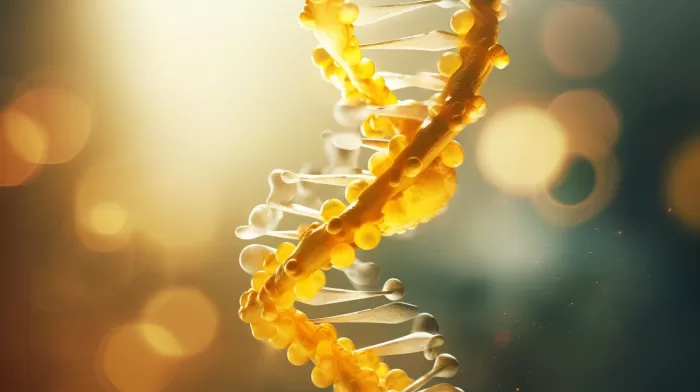Wondering whether the food you’re eating contains genetically modified organisms (GMOs) might seem like a guessing game as the Food and Drug Administration (FDA) doesn’t currently require food companies to include this information on their packaging. However, with change in the air and GMOs recently making headlines, it’s essential to be informed about the potential dangers of consuming GMOs to protect yourself and your family.
Defining GMOs
A GMO is a plant or animal with DNA that has been altered through genetic engineering. Most times, genes from other organisms are inserted to “improve” the GMO, making it grow faster or bigger, create its own pesticides, withstand herbicides, or increase resistance to drought. Presently, GMOs are tough to avoid; approximately 70 percent of grocery store items contain bioengineered ingredients.
Potential Dangers of GMOs
Although the agriculture industry highlights the success of GMO corn, soybeans, cotton, and other crops due to increased yields and pest resistance, research that discredits these claims is often overlooked. Concerns have been raised by both the FDA and the American Academy of Environmental Medicine, with animal studies connecting GMO foods to numerous ill effects such as tumors, reduced fertility, weakened immunity, organ damage, and accelerated aging.
Additionally, GMO foods’ resistance to high levels of toxic herbicides like Monsanto’s Roundup® raises more questions regarding the chemicals’ health hazards. Independent research has found that glyphosate, the chemical in Roundup, is linked to various severe consequences, including birth defects and cancer. Furthermore, GMO crops can destroy ecosystem diversity by wiping out several types of wheat and soybeans and producing a fraction of genetically altered organisms that could have irreversible impacts on the environment.
Protecting Yourself from GMOs
As substantial long-term research on GMO safety is lacking, consumers are left wondering whether the Federal government is sufficiently shielding our food supplies. In the meantime, some smart choices can be made to manage the potential risks of GMOs, highlighted by independent research.
- Choose Organic: Organic foods might not be a perfect solution, as GMO pollen has been known to contaminate other crops, even organic ones. However, eating organic foods can significantly reduce exposure.
-
Support Digestion: Research suggests that GMO food can negatively affect digestion by altering the digestive lining and reducing crucial enzymes. It’s essential to support the digestive tract with probiotic and prebiotic supplements, minerals like zinc and chromium, digestive enzymes, and herbs such as cinnamon, cardamom, and ginger.
-
Support Immunity: To combat allergies, trying medicinal mushrooms is recommended, as their tuning effect on the immune system can regulate and optimize immune responses.
-
Protect DNA: DNA mutation linked to GMO consumption can lead to significant issues like cancer and birth defects. To prevent cellular and DNA damage, natural therapies, such as honokiol (extracted from magnolia bark) and modified citrus pectin, can provide protection while supporting overall health and wellness. Safe detoxification therapies and high-powered antioxidant compounds can offer significant benefits for DNA, cellular health, antioxidant protection, and healthy immune support.
In conclusion, we may not know the real answer to GMO safety for years to come. However, by making mindful choices and staying informed on this important issue, we can mitigate potential risks and ensure the well-being of ourselves and our families in the long run.



